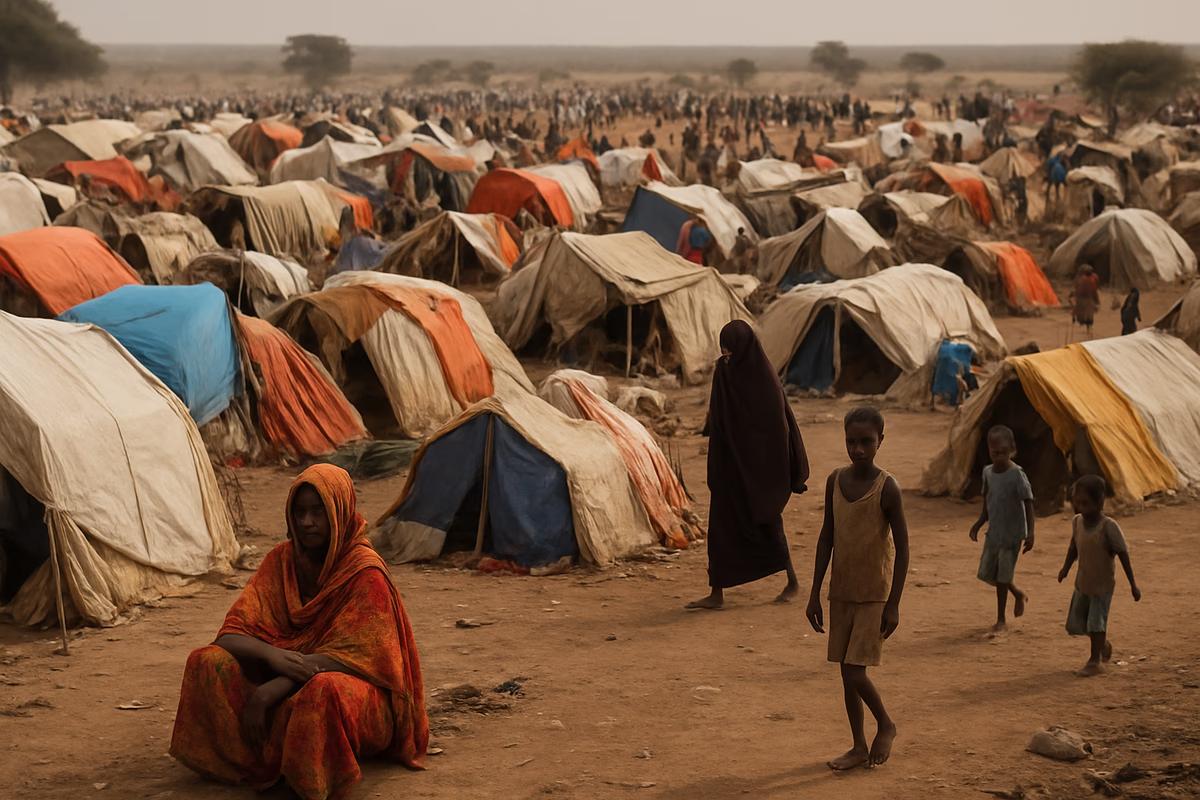Kabul: The World Health Organization (WHO) announced the establishment of 37 sites across Afghanistan for the collection and testing of sewage samples to monitor the presence of the polio virus amid rising cases, reported Tolo News.
"The environmental surveillance system for polio continues to expand," the WHO said.
WHO Afghanistan stated that their environmental surveillance system for polio is expanding, aiming to reach more communities and accelerate efforts towards polio eradication in the country.
The doctors suggested establishing sites to collect sewage samples, to check for the presence of poliovirus to eradicate polio in the country, as per Tolo News.
This announcement comes after some Kabul residents called on the Ministry of Public Health (MoPH) to increase the number of its employees.
"They may increase the number of their employees all over Afghanistan so the people take advantage of it and are protected against these diseases," said Wahidullah, a resident of Kabul.
Jalil Ahmad, another resident of Kabul said, "They may activate their teams in all areas and the teams were active before as well." In 2023, four cases of polio have already been recorded in Afghanistan. The first case emerged in May when a four-year-old child was diagnosed with the virus in the Bati Kot district of Nangarhar province.
While this is a concerning increase compared to the previous year, it is essential to note that the number of polio cases has significantly decreased over time.
In 2022, only two cases were reported in Kunar and Paktia provinces, marking the lowest level of incidence in the country.
In 2021, four cases were recorded, and in 2020, the COVID-19 pandemic disrupted immunization services, resulting in at least 56 reported cases.
According to the United Nations (UN), Afghanistan and Pakistan are the only two remaining polio-endemic countries in the world.
Despite progress, Afghanistan, along with Pakistan, remains one of the last two countries where polio remains endemic. The ongoing conflicts and weak public and immunization services pose significant challenges to eradicating the disease in these regions.
Moreover, the frequent cross-border movement between Afghanistan and Pakistan, with approximately 1.5 million children crossing the frontier annually, makes cross-border transmission inevitable.
Sayed Abdullah Ahmadi, head of Wazir Akbar Khan Hospital said, "This is a good and great step in such a condition. Almost in all areas of the world polio has been eradicated." —ANI






















